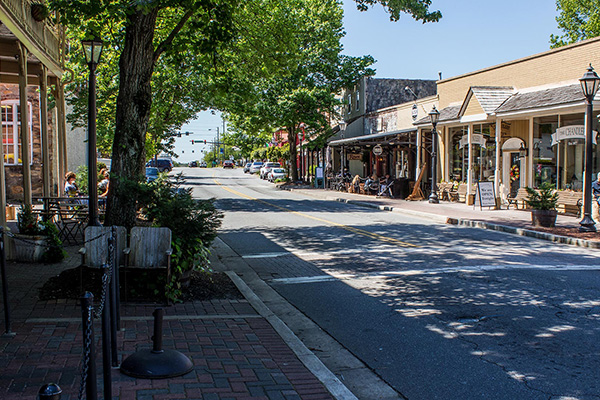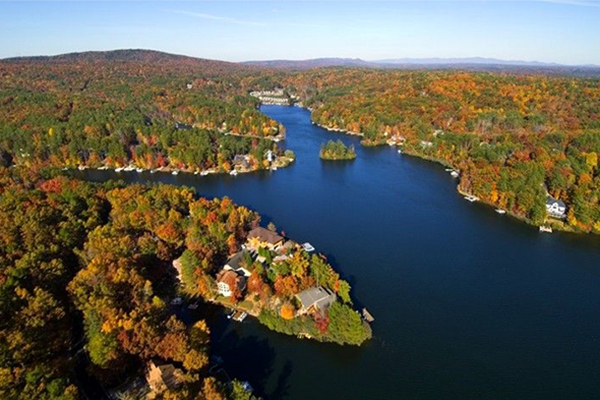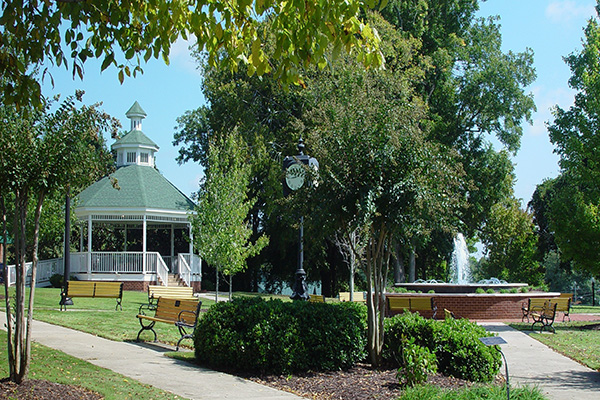 Acworth
Acworth
Acworth is the center of a thriving, vibrant community and as the “Lake City” has a quality of life seldom available in the world today. Acworth offers that unique combination of a hometown community with a progressive outlook: looking forward to the challenges presented by new growth, yet proud to preserve the history of its origin.
Acworth.gov
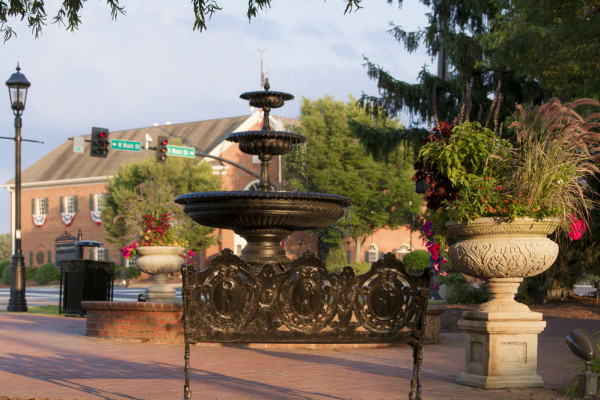 Alpharetta
Alpharetta
Alpharetta, located in Fulton County, was incorporated December 11, 1858. Years ago, Alpharetta was the county seat of the former Milton County. In 1932, Milton County merged into Fulton County. The city’s name is a variation of a fictional Indian girl, Alfarata, in a 19th century song, The Blue Juniata. The name of the city is also believed to have been derived from the first letter of the Greek alphabet.
The Autrey Mill Nature Preserve and Heritage Center is located in Alpharetta. This 46-acre forest has an abundance of animal life and a scenic creek. There are 1.5 miles of walking trails, picnic areas and historic sites for visitors to enjoy. The Environmental Education Center is located in Alpharetta. The Center operates as a community service center providing information on environmental topics and features a library with hundreds of valuable resource materials.
Alpharetta is home to the campus of DeVry Institute of Technology, as well as a campus of Georgia State University.
Alpharetta.ga.us
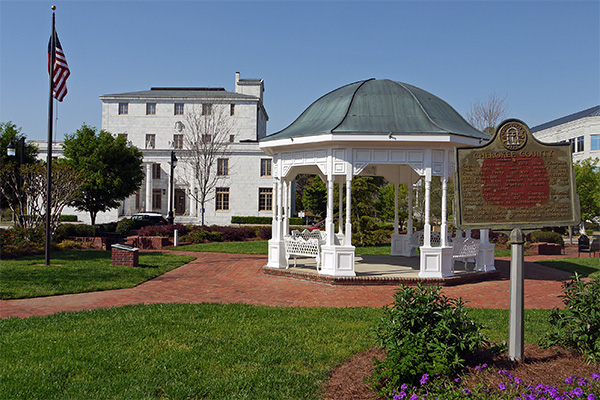 Canton
Canton
Canton, the county seat of Cherokee County, incorporated in 1833. Town founders, hopeful that they could initiate silk production there, named Canton to honor the famed Chinese silk production capital. Nothing more than the name, however, survived that venture. Denim production instead earned Canton a spot in the fabrics industry.
Originally the heart of the Cherokee Indian society, Canton saw major change during the summer of 1838, when the federal government, with the full authority of President Andrew Jackson, forcefully removed the region’s Cherokee people and sent the tribe west on the Trail of Tears.
Presently, Canton is undergoing another major change as population growth encourages the town to build out further.
Canton-Georgia.com
 Cumming
Cumming
Cumming, the county seat of Forsyth County, was established in 1834. The city is said to be named either for Colonel William Cumming of Augusta, a prominent lawyer, or for Sir Alexander Cumming, who settled in America in 1729 and became a Cherokee leader.
There are a number of campgrounds in the city including Bald Ridge Creek Park, Sawnee Park and Shady Grove Park. Also located near Cumming is the historical Mill Covered Bridge, built in 1906, which spans Settendown Creek.
CityofCumming.net
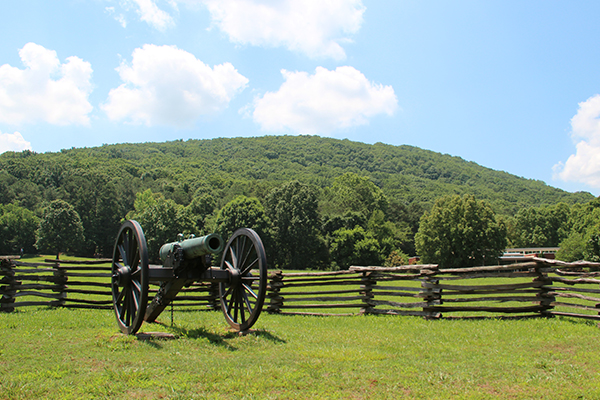 Kennesaw
Kennesaw
In the 1830s, the railroad building craze hit Cobb County, and as more and more rail workers came to the county, Kennesaw grew up around that industry. Residents later founded the city in 1887.
During the Civil War, Kennesaw served as the staging ground for the Great Locomotive Chase, an event now recounted at the Southern Museum of Civil War and Locomotive History.
Kennesaw-ga.gov
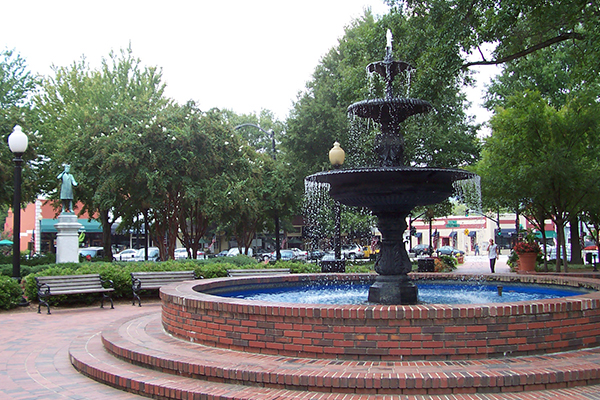 Marietta
Marietta
Incorporated on December 19, 1834, Marietta is the Cobb County seat of government. While the origin of the city’s name is somewhat a mystery, prevailing wisdom has it that the name remembers Mary Moore, the wife of U.S. Senator and Supreme Court Judge, Thomas Willis Cobb. If this origin is correct, it seems apt, as Judge Cobb is the namesake of the county itself.
When, in 1864, Union General William Tecumsah Sherman marched through Marietta, he spared the city before going to burn Atlanta.
Marietta.gov
Roswell
Incorporated on February 16, 1854, Roswell remembers an original settler of the area, Roswell King. King and others traveled from the Georgia coast with the hopes of investing in mining. After discovering that this area lay near the Chattahoochee River, King decided instead to built a major textile mill powered by the water. The Roswell Manufacturing Co. and the Roswell Mill played key roles in the development of the town during its earlier history.
Roswell maintains a number of historic homes, notably Bulloch Hall, the childhood home of President Theodore Roosevelt’s mother, Martha “Mittie” Bulloch. Also of interest are the Archibald Smith Plantation, the preserved home of one of Roswell’s founding families, and Barrington Hall, the home of Barrington King, Roswell King’s son.
For visitors who’d rather spend time outdoors, the Chattahoochee Nature Center encompasses 127 acres and offers four nature trails that wind through wetlands and woodlands.
Throughout the year Roswell hosts a number of events including the annual Roswell Arts Festival in September, the Youth Day Parade in October, Holiday on the Square in December and the Roswell Roots Festival in February. The city also sponsors the Riverside Sounds Concert Series the first Saturday of the month from May through October and the Roswell Magnolia Storytelling Festival in the spring.
Roswellgov.com
Waleska
Incorporated in 1889, Waleska remembers Warluskee, the daughter of an Indian chief who once lived in the area. When, in the 1830s, the U.S. government forced Warluskee, along with her people, to move West, the girl’s friends, Mr. and Mrs. Lewis Reinhardt, named their settlement in her honor.
In the past, industry in Waleska included gristmills, lumbering, tobacco manufacturing and some mineral development. The lumber industry is still active in the area, as is agriculture. The chief “industry” of the town, however, has always been Reinhardt College, and Waleska is regarded, almost exclusively, as a college town.
CityofWaleska.com
Woodstock
In November 1879, the railroad came to Woodstock, and industries of various kinds sprung up quickly in the city. Wood carving, yarn spinning and mineral extraction all played a part in the local economy. The abundance of water power around Woodstock from Little River, Noonday Creek, and other streams fueled this industrial growth. Outside these industries, Woodstock mainly cultivated its farmers. By the 1890s Woodstock shipped some 2,000 bales of cotton annually.
There are many different stories about how Woodstock got its name. The most logical is that it derives from a Sir Walter Scott novel of the same name.
Woodstockga.gov

